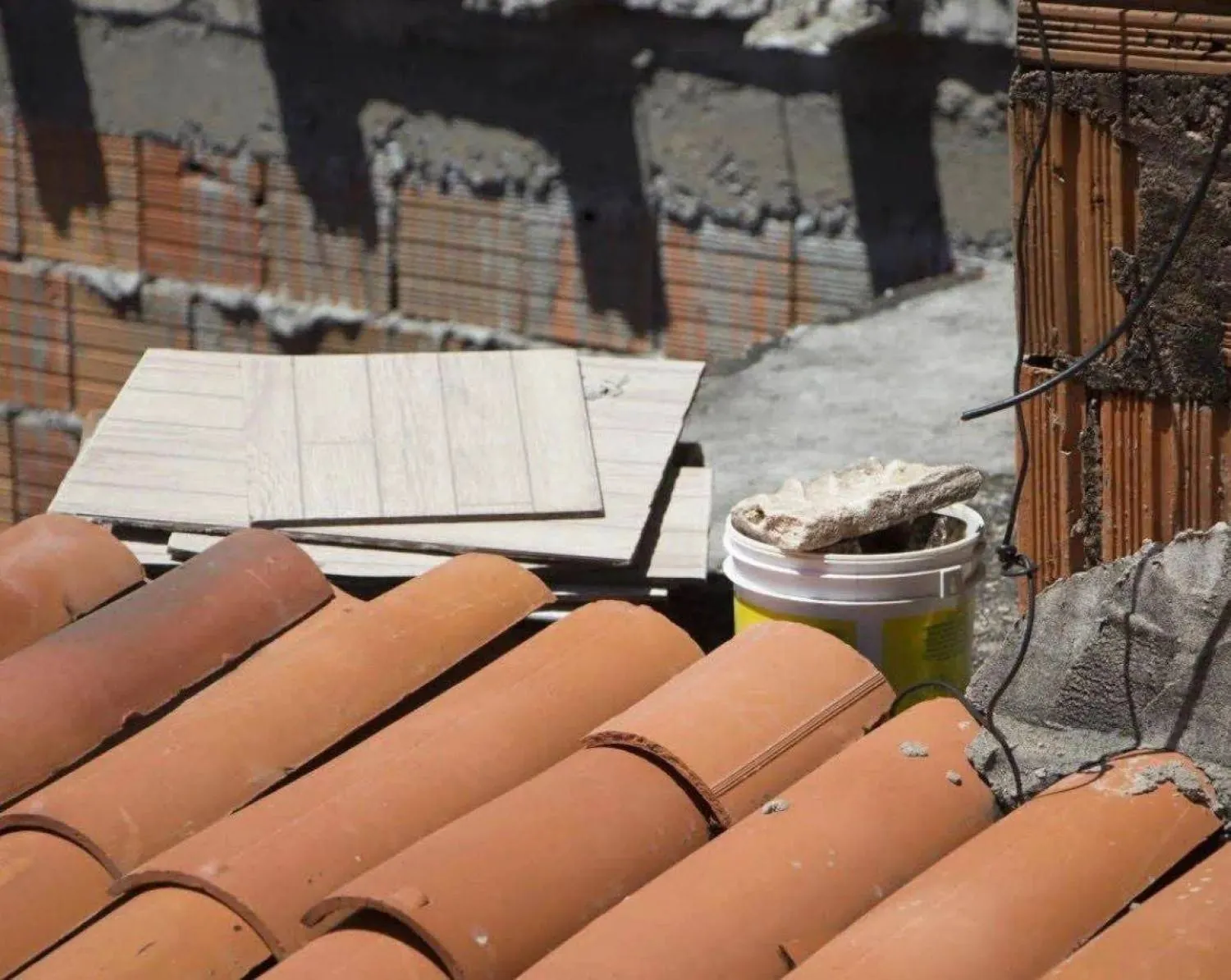Saudi Arabia affirmed its continuous support for Pakistan and its economy and increasing investment cooperation with Islamabad.
Saudi Crown Prince Mohammed bin Salman received Pakistani Prime Minister Mohammad Shehbaz Sharif in Jeddah.
During the visit, the two sides exchanged views on issues of mutual concern at the regional and international levels and agreed on the importance to continue coordinating their positions in a way that serves their interests.
A joint statement issued after the meeting stressed the importance of strengthening work through the Saudi-Pakistani Supreme Coordination Council and diversifying trade exchange.
They agreed to increase communication between the private sector in the two countries to discuss trade and investment opportunities and turn them into tangible partnerships.
Saudi Arabia affirmed its support for Pakistan and will discuss the possibility of supporting the Kingdom's $3 billion deposit in Pakistan's central bank by extending its term or through other options.
Pakistan welcomed Saudi Arabia's decision to extend an agreement to finance crude oil products and oil derivatives exports and support economic reforms in Pakistan.
The two sides also agreed to deepen the investment cooperation between the two countries, stimulate partnerships and enable investment integration opportunities between the private sector of the two countries.
The meeting also reiterated the importance of developing cooperation in the industrial and mining sectors to serve the strategic interests following the vision of the two leaderships aimed at boosting ties.
Saudi Arabia and Pakistan intend to hold investment forums to introduce the business sectors from both sides to available opportunities.
The two sides also agreed to deepen the investment cooperation between the two countries, stimulate partnerships and enable investment integration opportunities between the private sector of the two countries.
They decided to join efforts to develop the investment environment in the two countries and support several investment sectors of common interest.
The two sides stressed the importance of cooperation regarding the opportunities of the economic transformation programs that Saudi Arabia is witnessing within its Vision 2030.
They seek to benefit from Pakistani expertise and capabilities in several sectors to achieve mutual economic benefits.
The two sides agreed to enhance media cooperation between them.
Pakistan valued the Kingdom's efforts and initiatives in climate change, addressing environmental challenges, and improving the quality of life, particularly the 'Saudi Green' and 'Middle East Green' initiatives.
The two sides expressed their aspiration to implement the two initiatives, stressing the importance of adhering to the Framework Convention on Climate Change and the Paris Agreement and the need to develop climate agreements.
Pakistan welcomed Saudi Arabia's decision to extend the agreement to include financing exports of crude oil products and oil derivatives.
They explored ways of cooperation in several fields, including innovative uses of hydrocarbons, electricity, clean technologies for hydrocarbon resources, energy efficiency, and localization of the energy sector. They also discussed cooperation in renewable energy projects.
Islamabad and Riyadh reiterated support for the efforts made by the Coalition to Support Legitimacy in Yemen, the initiatives aimed at reaching a comprehensive political solution to the Yemeni crisis following Security Council Resolution 2216, Gulf Initiative, and other related mechanisms.
They condemned the Houthi terrorist threat to Saudi Arabia due to the launching of ballistic missiles by Yemeni militants against Saudi facilities and expressed their concern about the threat to global energy supplies.
They stressed the need for the international community to take measures to ensure the Houthis' involvement in political consultations under UN supervision to reach a final and comprehensive political solution.
Saudi Arabia welcomed the statements of the Pakistani PM, asserting his country's keenness to find a solution to all disputes with India, including the Jammu and Kashmir dispute.









